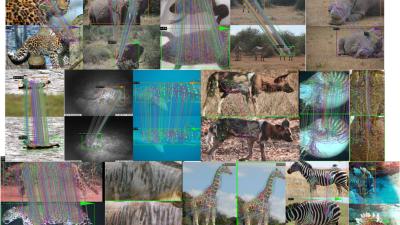Friendship Cabins Wins Award for Outdoor Dining Structure Design
Friendship Cabins, an architectural research project from Rensselaer Polytechnic Institute using environmentally friendly, next-generation interlocking plastic bottles to create sustainable outdoor dining structures, received an inaugural Alfresco Award from Alfresco NYC – a coalition of community organizations that supports the Open Restaurants program in New York City.









